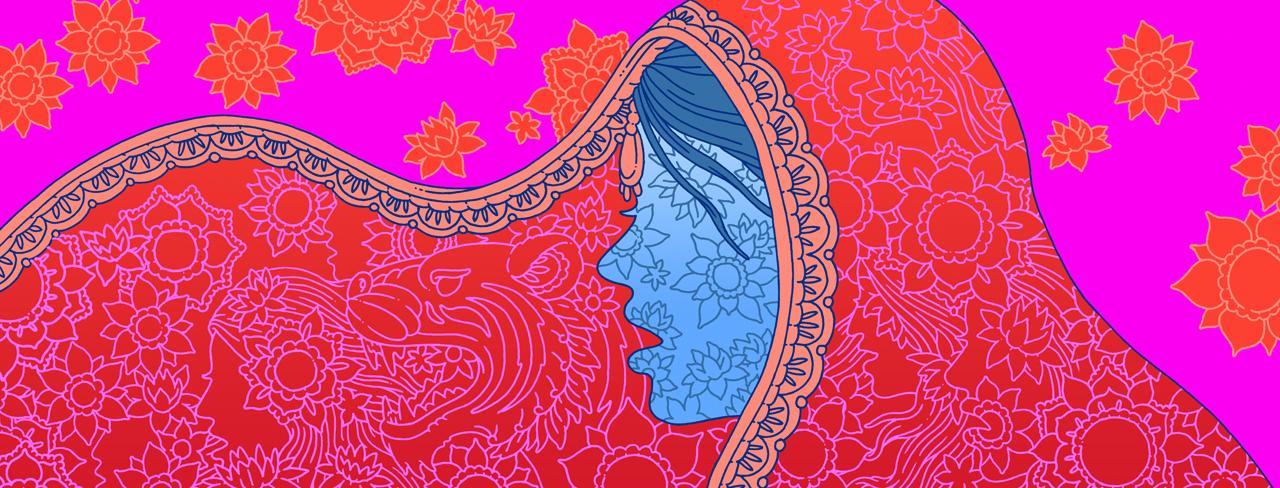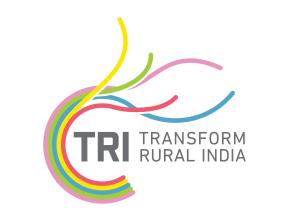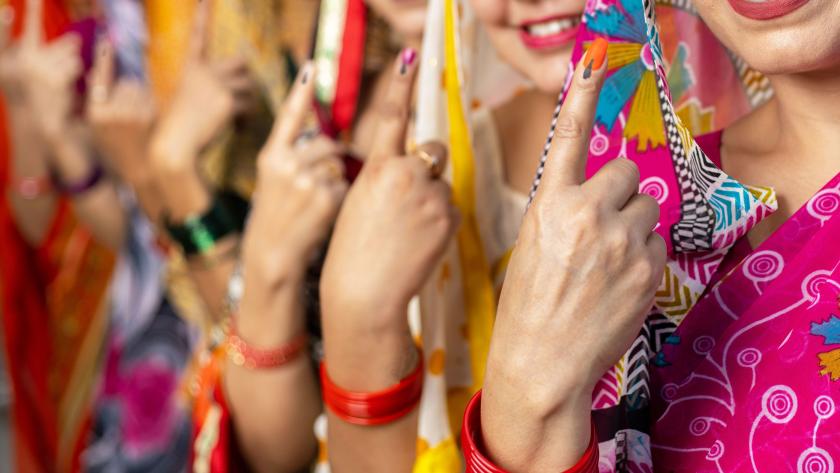Elevating Women’s Voices in Policymaking in India
Despite widespread policies aimed at gender equality, women remain poorly represented in politics and policy in India. Global attention on women’s political inclusion has coalesced around solutions that enable women’s descriptive representation — the guarantee of women’s presence in political spaces. But presence does not guarantee voice. Women’s voices — their demands, needs, and interests — remain poorly represented in politics and policy. This imperfect representation of women’s voices in political institutions contributes to persistent and intractable inequalities in policy access and social outcomes.
This inequity is particularly salient in India, where women continue to face chronic underrepresentation in politics despite the largest gender quota policy in the world.
National efforts to remedy political gender disparities in India have largely focused on gender parity in political institutions rather than the quality of women’s political inclusion. Presently, there are two institutions geared toward promoting gender equality that operate at a tremendous scale throughout India but are rarely conceptualized as working in tandem: electoral quotas and women’s groups known as Self-Help Groups, which have been shown to substantially increase women’s political participation. Where electoral quotas are a top-down institution that ensures women’s presence in positions of political power, SHGs are a bottom-up institution that creates the conditions for women’s demands to be mobilized.
In order to ensure that Indian women’s voices are represented in politics, the Inclusive Democracy and Development (ID2) Lab in partnership with the Transform Rural India Foundation (TRIF) has co-created three existing interventions that link these top-down and bottom-up institutions as a means of catalyzing systemic change. These three interventions include an agency- and capacity-building training program for elected women representatives (EWRs), a peer-support network for EWRs, and the facilitation of women-only citizen-representative political forums.
With 2023 Stage 1 funding from Stanford Impact Labs, the research team piloted this program of interventions across forty local governments, affirming the program’s potential to engender meaningful advancements in women’s political representation. Two years later, the team secured 2025 Stage 2 funding from Stanford Impact Labs (alongside support from J-PAL’s Governance Initiative) to conduct a randomized controlled trial of these interventions across two states to (1) evaluate the program’s transformative power and (2) identify a path toward implementing the program at the national scale.

Senior Research Program Manager , Inclusive Democracy and Development Lab
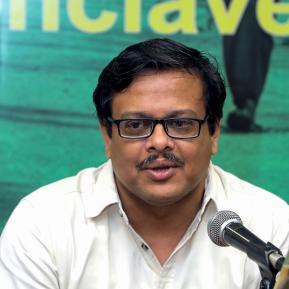
Co-Founder and Managing Director , Transform Rural India Foundation
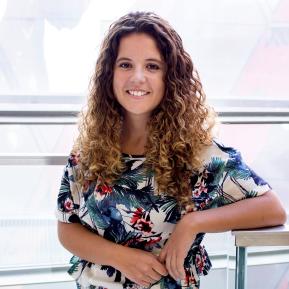
Postdoctoral Researcher, Chair of Political Behavior at Humboldt-Universität zu Berlin; 2022-2024 Postdoctoral Fellow
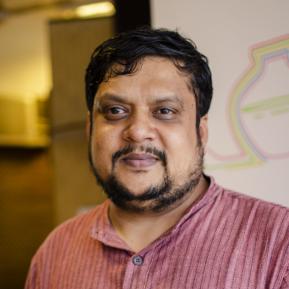
Co-Founder and Managing Director , Transform Rural India Foundation
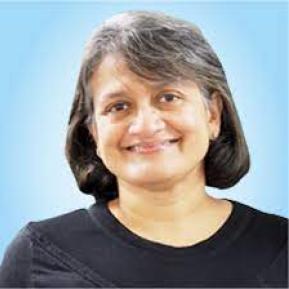
Senior Research Advisor, Transforming Rural India Foundation; Adjunct Professor, Indian Institute of Technology

Assistant Professor, Political Science; Faculty Director, Inclusive Democracy and Development Lab; 2021-22 SIL Design Fellow
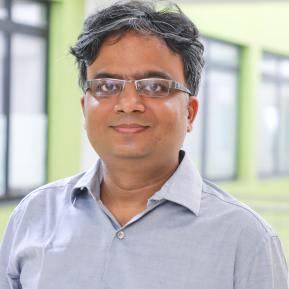
Assistant Professor, Indian Institute of Technology, Gandhinagar
Related Links
- The Patriarchal Political Order: The Making and Unraveling of the Gendered Participation Gap in India by Soledad Artiz Prillaman [Cambridge University Press]
- Taking On India's Patriarchal Political Order [Grand Tamasha podcast, October 22, 2024]
- Soledad Artiz Prillaman on Women's Political Participation [Eyes on Development podcast, Stanford King Center on Global Development, July 30, 2024]
- Women’s Microcredit Groups Empower Women Politically [VoxDev, May 16, 2024]

